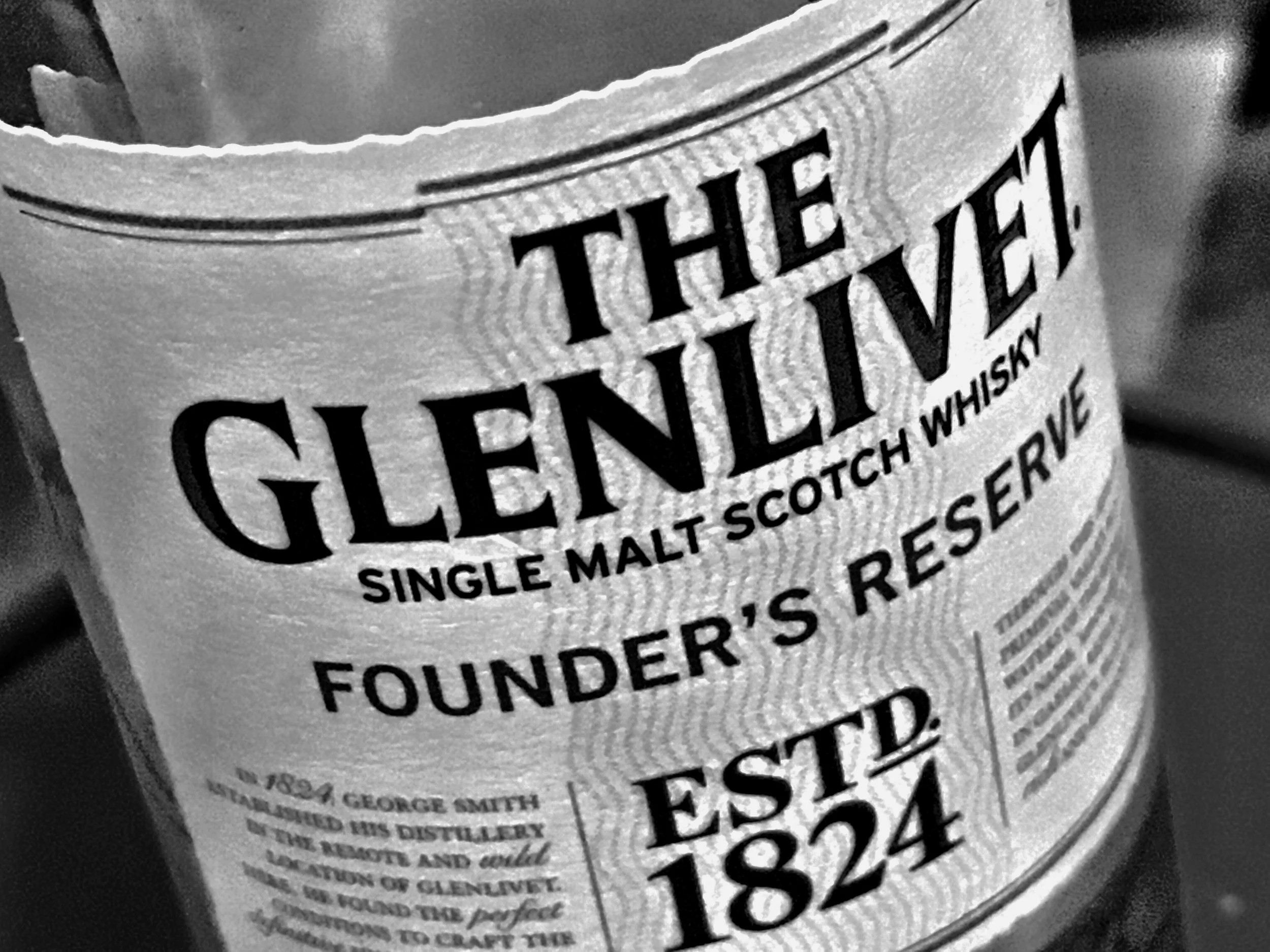I think we should probably start here: whenever you see the word "reserve," you should eye it with intense suspicion, because it probably means the distiller is trying to butter you up with marketing flimflam before it claws at your wallet like a wild animal.
"Reserve" is intended to denote that a distiller has reserved stocks of desirable whisky, presumably for additional aging and/or because it was a tasty cask. The intention is to trigger the idea that when you purchase a bottle of anything so marked, it turns out that—for all this time—the distillery was reserving it for you. How exclusive! Put your hand on the bottle, and somewhere, a velvet rope is lifted.
But consider that every age-stated whisky is in itself a "reserve," since the distiller has sat on it for X amount of time, holding it aside as it matures. You want to know how rare and desirable the "reserve" is? Look at the price and the age statement. There's a lot less 25-year-old scotch held on reserve than there is ten-year-old scotch.
“There’s nothing substantive to the Glenlivet Founder’s Reserve... In fact, ‘flat’ is the best possible way to describe this stuff. ”
I mention all this only because I want to convey just how Orwellian the title of this product is. Consider this: the Founder's Reserve was was introduced as a NAS product with the explicit goal of easing the unsustainable international demand for the Glenlivet 12. In that respect, it's actually the very opposite of a reserve. This is a product introduced to satiate demand for value-priced Glenlivet while still allowing them to, well, reserve casks for the twelve-year and even longer-aged expressions.
For that reason, most of the scotch guys I talk to saw the Founder's Reserve for exactly what it was and groaned as soon as the bottle was announced. Nevertheless, I was willing to give it the benefit of the doubt, because maybe—just maybe—Glenlivet produced a whisky that worked on its own terms. After all, the Suntory Toki was introduced for very similar reasons and I think that stuff is just aces.
So after all of that lead-up, let's get straight to brass tacks: I was wrong and the nay-sayers were right. The Founder's Reserve sucks, and it represents (in my mind) one of the more brazen and unsuccessful efforts to give us less scotch at a higher price than the old bottle.
To my palate, the Glenlivet 12 (a review for a later date) puts up some bright apples mixed with wood spice and just the faintest bit of peat. It's not a knockout, but it's enjoyable for how common it is on store shelves. If the FR provided anything approaching what I liked about the 12, I probably would have found something to enjoy.
Here, I feel like we're missing anything substantive. I smelled some rich apricot and meatiness initially, but none of that showed up in the taste. "Flat" is a good way to describe this stuff. There's some vague hints of fruit sweetness, but nothing bursts. After a disappointing, weak arrival, something smoky literally oozes forward on the development and turns everything into a watery ashtray. I've been told that Glenlivet doesn't use peat at all, so I'm at a loss to explain it.
I really don't want to sound hyperbolic, but I shit you not: drinking the Founder's Reserve left me with the sensation that I had just licked a paper towel. The lack of flavor and overall mustiness of the whisky (it reminded me of burlap) sucked all of the moisture out of my mouth. The distillery's tasting notes suggest a "creamy sweetness," but that was a far cry from my experience with it.
Readers would be well advised to skip this and go straight for the Glenlivet 15, especially when in most cases it's only another $15. To say nothing of the marketing chicanery that goes along with the Founders Reserve, it's a hard pass on the taste alone.


